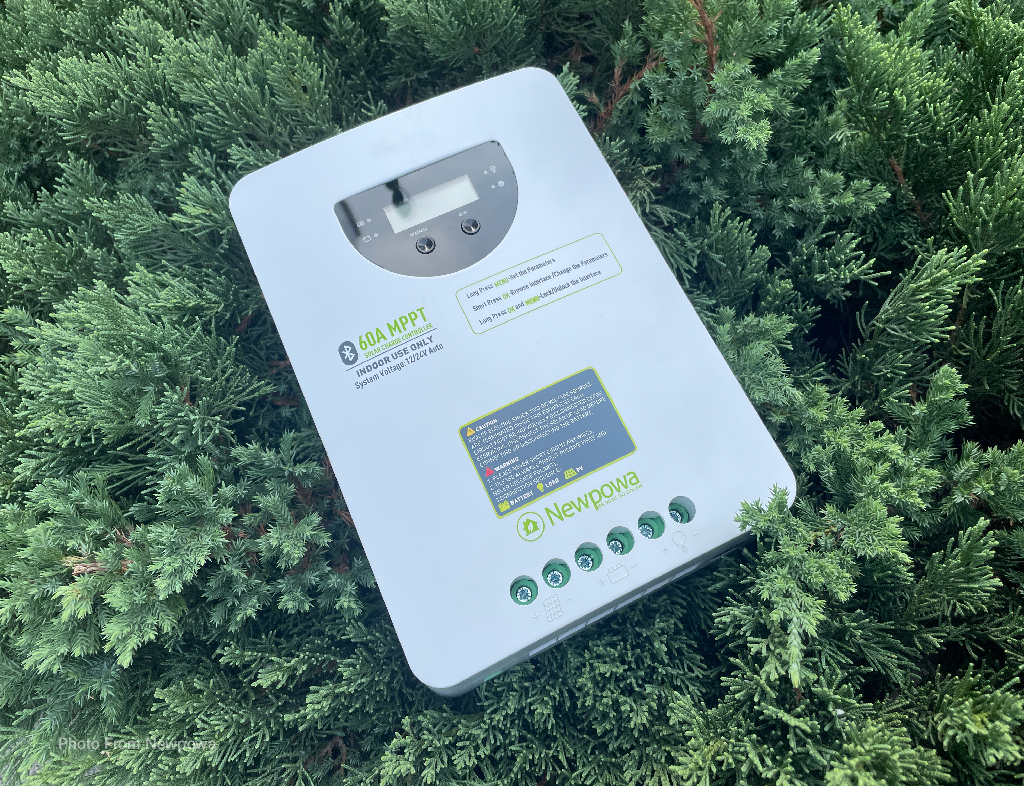MAXIMIZING SOLAR POWER IN LOW-LIGHT CONDITIONS: TIPS FOR OFF-GRID SYSTEMS
15th Jan 2025
Solar power is a fantastic renewable energy source, but its efficiency can be affected by weather, especially in cloudy or winter conditions. For off-grid systems, ensuring consistent energy production during low-light periods is crucial. Fortunately, there are several effective techniques to maximize solar power, even when the sun isn't shining as brightly.

1) Use MPPT Controllers
MPPT (Maximum Power Point Tracking) controllers are key to optimizing solar energy collection in low-light conditions. These controllers continuously adjust the voltage of the system to ensure that solar panels operate at their highest efficiency.
During cloudy weather or in the winter months when sunlight is weaker, traditional charge controllers may struggle to capture the maximum available energy. MPPT controllers, however, automatically adjust to extract the most power from your solar panels, ensuring that even on overcast days, your system performs optimally.
2) Tilt Your Panels
The angle of your solar panels significantly impacts their efficiency, especially during the winter months. In summer, panels are typically positioned to capture direct sunlight, but in winter, the sun is lower in the sky. By adjusting the tilt of your panels to a steeper angle, you can capture more sunlight during these colder months.
Many off-grid systems offer adjustable mounts that allow you to change the tilt angle easily. In addition, some systems feature automatic tracking technology that adjusts the angle throughout the day to follow the sun’s path, maximizing energy production.
3) Choose High-Efficiency Solar Panels
Not all solar panels perform the same in low-light conditions. High-efficiency panels, such as monocrystalline panels, are more effective at capturing energy in cloudy or low-light situations compared to standard polycrystalline panels. These panels are designed to extract more power from the available sunlight, making them ideal for off-grid systems that need reliable performance even when the weather is less than perfect.
4) Use Battery Storage
Off-grid solar systems rely heavily on battery storage, especially during the winter or when there are long stretches of cloudy days. Storing excess solar energy during sunny periods ensures that you have a reliable power supply when the sun is not shining.

By combining high-efficiency panels, MPPT controllers, adjustable tilting, and robust battery storage, you can maximize solar energy collection throughout the year, even during low-light conditions. This will help your off-grid system perform at its best, no matter the season.
